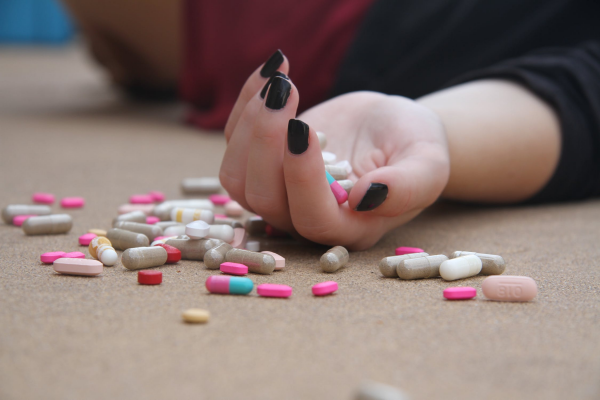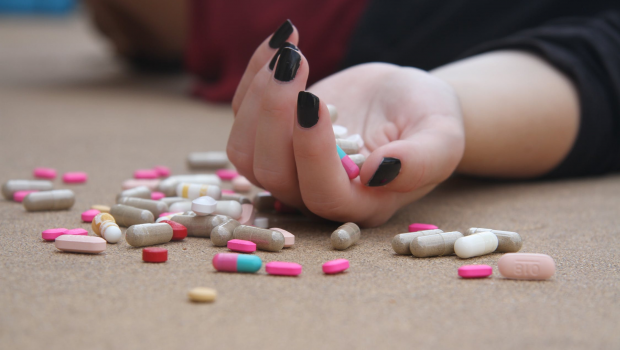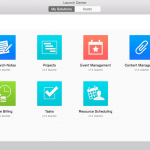Testing Children For Drugs Abuse – Should You Drug-Test Your Kid?
Raising a child to be a healthy, mature and responsible adult is never easy. Being a parent in today’s age is challenging especially because children are exposed to a variety of information, environments, and situations that are simply beyond your control. For instance, a majority of teens struggle with peer pressure to experiment with various drugs. No wonder, adolescent drug abuse in the United States is on the rise.

Image: https://www.pexels.com/photo/addiction-adult-capsule-capsules-271171/
Consider the following statistics published by the Centers for Disease Control and Prevention (CDC) for drug abuse among high school students (Grades 9-12) in the year 2017:
- 36% of students said they consumed marijuana at least once.
- 6% of students reported that they used inhalants (glue, paints, sprays, aerosol spray cans, etc.) at least once to get high.
- 5% of students said they consumed cocaine (crack, powder or freebase) one or more times.
- 4% of students admitted to having used MDMA or ecstasy.
- Approx. 20% of students accepted that they were offered, sold, or provided an illicit drug on school property.
It’s Okay to be Scared of Adolescent Drug Abuse; Most Parents Feel That Way
As a parent, it is natural to be terrified of the possibility that your child could become a part of the statistics listed above. But, how do you make sure your kid does not get caught in the web of substance abuse?
Should you start investigating every little change in behavior, physical appearance, and academic performance? Should you drug test your kid?
After all, drug testing is no longer expensive; it is not an elaborate exercise reserved for the worst-case scenario anymore. Drug testing kits are now readily available online and most kits can test 5 to 12 different drugs by using urine samples.
Drug testing your kid is both easy and inexpensive. But, should you?
Do Not Drug-Test Your Kid without a Cause
Both experts and parents are divided on the question ‘whether teenagers should be tested for drugs’ but nearly all agree on one thing: avoid drug-testing a child without a valid cause.

Image: https://pixabay.com/illustrations/mom-mum-daughter-mother-family-3273202/
A kid who has no intention of using alcohol or drugs is likely to resent the breach of trust indicated by drug testing without any evidence or justification. So, drug-testing a child without a good reason is risky!
However, if you have caught your teenager red-handed or s/he has admitted to having used drugs, drug testing can sure help reinforce trust and ease your mind. This way, a teenager will also have a good excuse to unhesitatingly say ‘no’ to his/her peers.
Do Not Ignore the Obvious Signs
If you as a parent have a hunch that your child is lying about using alcohol or drugs, do not look the other way; it could prove to be a dangerous mistake.
Parents’ involvement at an early stage can help prevent adolescent drug abuse. The best way to contain the potential damage is to address the problem as soon as possible.

Image: https://unsplash.com/photos/mEqXkgf34Ew
Many parents are simply worried if they are being hypersensitive. They blissfully choose to ignore the potential signs of alcohol and drug abuse in their children, only to regret later on.
If you have a gut feeling that something is off, there has to be a reason. Cagey behavior may just be due to an altercation or unpleasant experience at school but if you find the cough syrup or prescription-strength drugs missing from the medicine cabinet, it is time to investigate the matter and if necessary, drug test your teen. However, if this is not a sufficient reason for you to test your teen for drugs, start observing the signs and symptoms of drug abuse that your teenager might display.
When Can a Kid Be Drug Tested?
Choosing the right time to drug-test a teenager is tricky. Various drugs react differently.
For instance, according to theihcc, marijuana passes through the system very slowly; a teenager may test positive even a month after having used it. Heroin, cocaine, and meth, on the other hand, are hard to detect in a drug test after a few days unless someone has been using such drugs repeatedly for a long period of time.
Having said that, should you drug test your kid only after s/he has been to a party or do so more often? Random drug tests do provide an element of surprise, but the timing may still be off. A teenager may have used illicit drugs a few days ago and yet tests negative in a drug test.
At times, parents may actually want to give kids a heads up. This approach works when all you want is to deter drug abuse and not necessarily catch them.

Image: https://unsplash.com/photos/4Bs9kSDJsdc
Put simply, when and how often a child suspected of drug use should be drug tested depends on various factors such as:
- Whether a teenager is likely, to tell the truth to his/her parents.
- Unique dynamics of every parent-child relationship.
- Whether a teenager is likely to see parents as cops for having drug-tested him time and again.
- Whether a teenager has accepted his/her mistakes and expressed willingness to stop using drugs.
Communicate Well When You Decide to Drug-Test Your Kid
When you decide to drug-test your kid based on reasonable suspicion, make sure to calmly and clearly communicate your thoughts and feelings. It is the first step towards preventing serious drug abuse.
When the topic comes up for a discussion with your child, make sure to talk about the dangers and consequences of substance abuse. Tell him you love him/her and care enough about him/her to take an extreme measure. S/he should know you are not serious about them experimenting with a drug, but about her/him.
Why Some Parents Do Not Want to Drug-Test Their Kids
- It Can Harm Parent-Child Relationship: If parents are not careful in their choice of words and the manner in which they deal with a teenager, drug testing may harm the parent-child relationship by creating an environment of resentment and distrust.
- Drug Tests Can Not Always Prevent Drug Abuse: Drug tests can sure help ‘identify’ adolescent drug abuse but parents need to make great efforts to actually ‘deter’ drug abuse.
- Drug Use Maybe a One-Time Occurrence: It is possible that a teenager used a controlled substance just once and had no intention of using it again. Grounding a teenager, watching his/her every move or seeing all of his/her school friends with a tinge of suspicion, in this case, can be counterproductive.
- Teenagers May Start Using a Different Drug: A teenager may decide to switch to a synthetic drug that the standard drug-tests cannot catch. For instance, a teenager who smokes marijuana may switch to K2 or spice to a positive drug screen. This can lead to even more dangerous outcomes.
Final Words
Do not drug test your kid just because you are suspicious but do not ignore the obvious signs if you notice any. For guidance, you may also speak with your pediatrician, school counselor, therapist or professionals having relevant experience in treating adolescent drug abuse. For more information regarding drug testing, please visit designforrecovery.com.
















